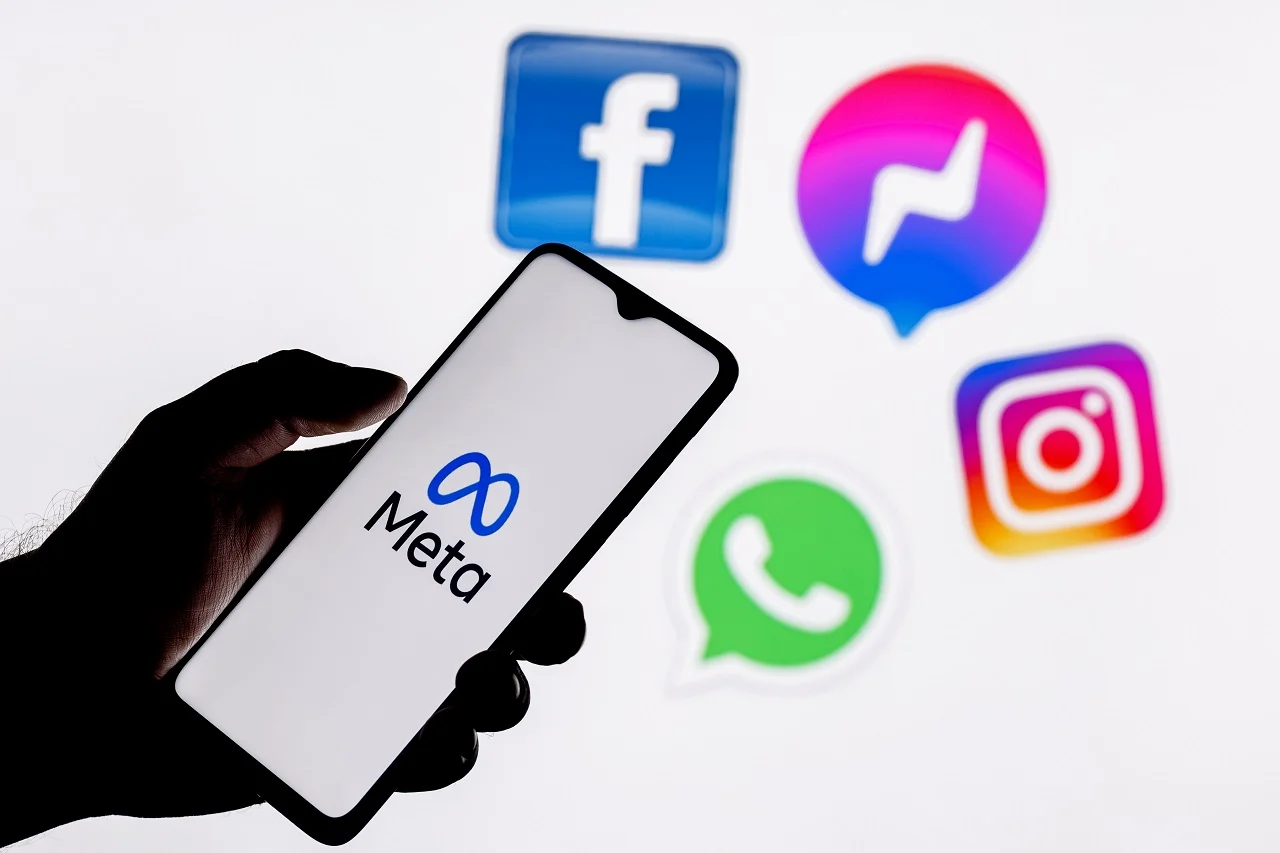Meta said it has detected and deleted over 63,000 Instagram accounts and thousands of Facebook groups and pages that were used by scammers, also known as ‘yahoo boys’ for financial sextortion schemes in Nigeria.
Prime Business Africa, reports that Meta, the parent company of Facebook, Instagram, and WhatsApp made this known in its first quarter (Q1) 2024 Adversarial Threat Report released on Wednesday, 24 July 2024.
Join our WhatsApp ChannelS3xtortion, also known as sexual extortion, is tricking someone into sending explicit pictures through the internet and then threatening to make the photos public unless the target pays money or obliges them to engage in s3xual acts.
“Financial sextortion is a borderless crime, fuelled in recent years by the increased activity of Yahoo Boys, loosely organised cybercriminals operating largely out of Nigeria that specialise in different types of scams,” Meta stated.
“We’ve removed around 63,000 accounts in Nigeria attempting to target people with financial sextortion scams, including a coordinated network of around 2,500 accounts.”
“We’ve also removed a set of Facebook accounts, Pages, and groups run by Yahoo Boys—banned under our Dangerous Organisations and Individuals policy—that were attempting to organize, recruit and train new scammers,” the social media giant added.
Additionally, Facebook’s parent company reported that it has eliminated about 7,200 assets from Nigeria, including 1,300 Facebook profiles, 200 pages, and 5,700 groups that were offering resources linked to scams. These resources, it explained, were discovered to be providing scam scripts and instructions as well as connections to photo collections that might be used to create fictitious accounts.
Meta said it also found that the majority of the scammers’ attempts did not succeed and also targeted minors, adding that the cases were reported to the National Center for Missing and Exploited Children (NCMEC).
The tech company also disclosed that it shared the information with other tech companies through the Tech Coalition’s Lantern program to help curb these scams across platforms.
Meta’s systems have been actively preventing these organizations from trying to re-enter since this disruption, continuously enhancing their detection abilities.
The company stated that it has also been collaborating extensively with law enforcement, providing support for inquiries and prosecutions by answering court orders and warning authorities of potential dangers.
“We also fund and support NCMEC and the International Justice Mission to run Project Boost, a program that trains law enforcement agencies around the world in processing and acting on NCMEC reports.
“We’ve conducted several training sessions so far, including in Nigeria and the Cote d’Ivoire, with our most recent session taking place just last month,” the Meta stated.
Prime Business Africa reports that Meta had stated in April that it was introducing new measures on Instagram to guard against s3xual extortion and safeguard youth, one of which is an automatic feature that blurs nudity in direct messaging. As part of its effort to combat s3xual frauds and other types of “image abuse,” as well as to make it more difficult for criminals to contact teenagers, Meta is still evaluating these features.
How to Detect Sextortion scammers
On how to detect sextortion scammers, Antigone Davis, Meta’s global head of safety, said users should be careful with those who are “exceptionally good looking,” have “highly stylized” photographs, or have never sent you a message before.
She remarked, “That should give you pause.” Also, users ought to be cautious if someone provides an image first. This is a common trick used by scammers to win people over and lure them into sending back a picture of themselves.
“I would advise caution in this area if you have any suspicions,” the Davis further stated.
Victor Ezeja is a passionate journalist with seven years of experience writing on economy, politics and energy. He holds a Master's degree in Mass Communication.
















![Trump, Zelenskyy Discuss Peace Plans During Pope Francis’ Funeral In Rome [VIDEO]](https://www.primebusiness.africa/wp-content/uploads/2025/04/Trump-and-Zelenksy-meet-at-Pope-Francis-Burial-150x150.jpeg)



Follow Us